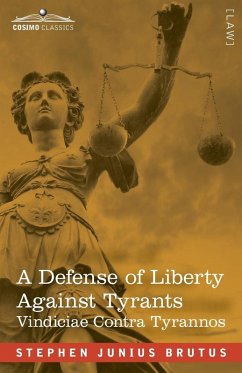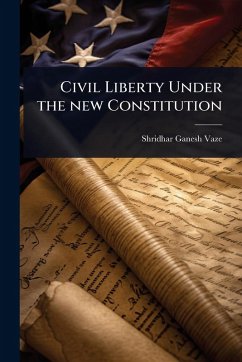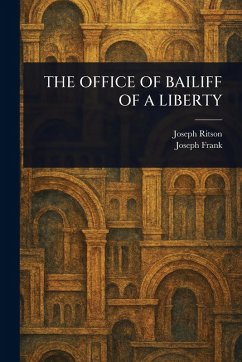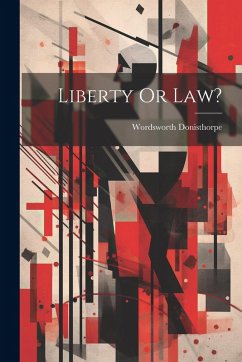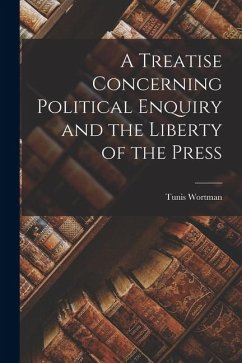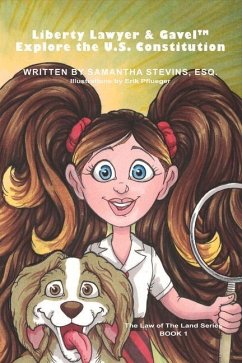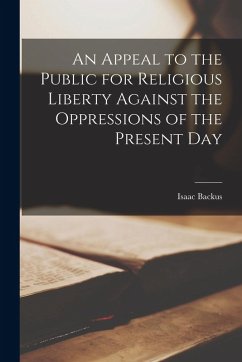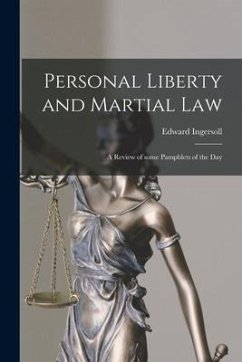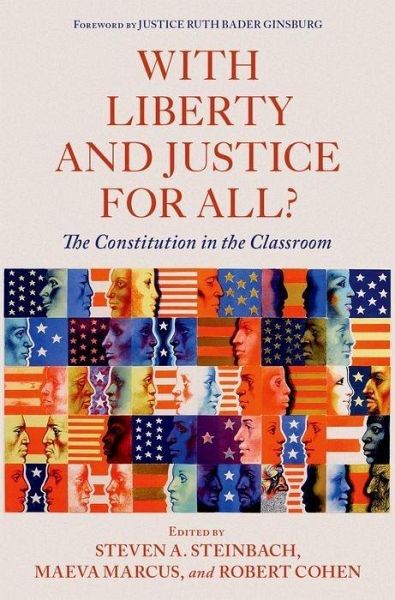
With Liberty and Justice for All?
The Constitution in the Classroom
Herausgeber: Marcus, Maeva; Cohen, Robert
Versandkostenfrei!
Versandfertig in über 4 Wochen
40,99 €
inkl. MwSt.

PAYBACK Punkte
20 °P sammeln!
With Liberty and Justice for All?: The Constitution in the Classroom will be of interest to anyone--whether teacher, student, or citizen--interested in a better appreciation of how constitutional disputes have influenced the course of US history. With a foreword by Ruth Bader Ginsburg, this book combines penetrating essays by constitutional scholars with a wealth of supporting primary source documents and discussion topics. It reveals how controversies over the US Constitution--debates over its intentions and interpretations; disagreements about both its soaring ideals and tragic flaws--have f...
With Liberty and Justice for All?: The Constitution in the Classroom will be of interest to anyone--whether teacher, student, or citizen--interested in a better appreciation of how constitutional disputes have influenced the course of US history. With a foreword by Ruth Bader Ginsburg, this book combines penetrating essays by constitutional scholars with a wealth of supporting primary source documents and discussion topics. It reveals how controversies over the US Constitution--debates over its intentions and interpretations; disagreements about both its soaring ideals and tragic flaws--have fundamentally shaped the nation's story.



